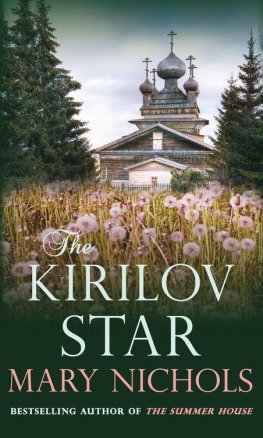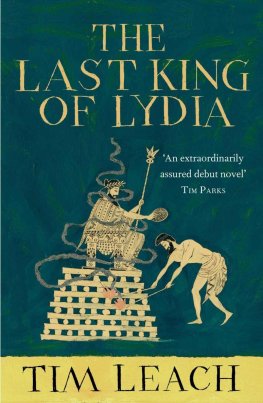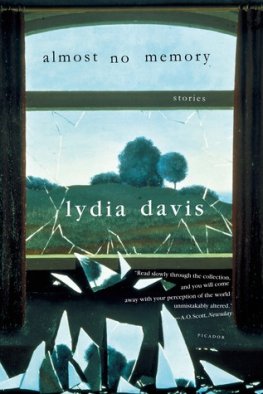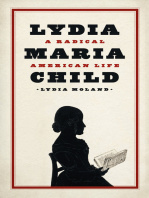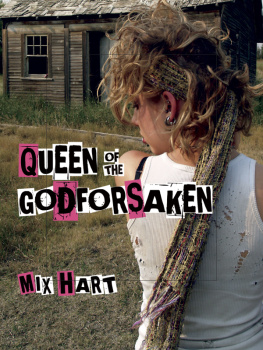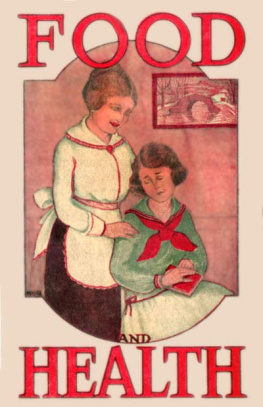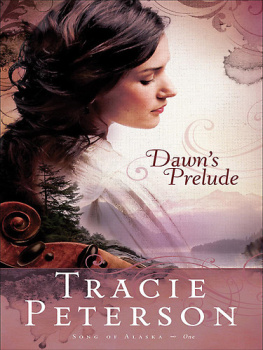Mary Nichols
THE KIRILOV STAR
To my family for their support through thick and thin.
November 1920
Countess Anna Yurievna Kirillova was weeping. Mikhail, her beloved husband of thirteen years, was sending her away and she could not bear it. She was weeping so copiously she could not see to thread her needle. She wept for a comfortable life that had been swept away, for her husband and her children, for the state of her once-elegant home, for a future which terrified her, for Russia. A petite woman in her mid-thirties, she had a fragile beauty which her husband was afraid would never stand up to the harshness of the new regime; she was an innocent, passing from the care of her father to the care of her husband and, until the Revolution, she had never known want or fear, had never had to lift a finger, not even to dress herself. Now there was nothing but fear.
Let us stay here, Misha, she begged for the hundredth time. We will be all right here. No one will trouble us, surely? We have already given up our home in St Petersburg, isnt that enough? She had forgotten, or refused to acknowledge, that the city was now called Petrograd.
They had left it in the dead of night in the spring of 1918 when it became obvious that the old regime was gone for ever, that soldiers and sailors sent to put down the uprising had joined the revolutionaries. The tsar, on his way back from military headquarters supposedly to take charge of the situation, had been stopped and arrested. There had been pandemonium: people being shot for no reason except speaking up against the violence, others leaving the city on carts packed with personal belongings and being stopped and made to go back. Even more were looting, mostly furniture which could be chopped up for firewood.
Mikhail, fearing worse was to come, had brought his little family to their dacha near the small town of Petrovsk, in the foothills of Ukraine. He remembered as a child taking trips from there to the Black Sea to picnic and swim and enjoy the warm weather with his parents and siblings, of pony rides and walks in the woods, of swimming in the lake, of hunting and fishing, of picking grapes from the vines on the sunny slopes, of eating figs straight from the tree. If anyone gave a thought to the future, it did not filter down to the boy he was.
After he had married in 1907, he had brought his wife to spend the summer at the dacha with his widowed mother each year, and when Andrei was born the baby had become part of the annual exodus along with his nursemaids, Mikhails valet and Annas maid. The Great War, which had engulfed almost the whole civilised world, had put a stop to that; Mikhail had joined the army and there were no more trips to Ukraine. Andrei had vague recollections of the carefree holidays, but Lydia, born in 1916, had never been. When the time came to leave Petrograd, Anna had talked to the children of their villa and estate, painted a rosy picture of what it was like, and so the children, at least, had been happy to leave slushy Petrograd behind, unaware of the true reason for their flight.
In the old days they had travelled in luxury, with their own compartments and sleeping quarters on the train, and a mountain of luggage Mikhails mother swore they could not possibly do without, but the journey from Petrograd in 1918 had been accomplished in a packed freight train with only the luggage they could carry between them. Their travelling companions had been a strange mixture: wealthy kulaks in fur coats, stockbrokers in suits and suede shoes, shopkeepers with nothing left to sell, former servants, army deserters, priests deprived of their status, peasants in tunics and felt boots, all living together in the close confines of what appeared to be a cattle truck.
The train had stopped frequently and people would jump down and wander up and down the line, anxiously asking, Why have we stopped? and they would try to buy food and water before being hustled back on board and the train jerked into motion again. There had been a very long wait in Kiev where everyone was on tenterhooks while papers were scrutinised and some passengers taken off under guard, for what misdemeanour no one knew. More people had crammed on the train, and after another twenty-four hours of hanging about, during which they dared not leave their places, except one at a time to answer the call of nature, they had set off again.
By the time they had arrived at the house some thirty-six hours later, they were all exhausted, bruised and very hungry, having eaten what little food they had brought with them early on in their journey, expecting to be able to buy more; but all Mikhail had been able to obtain was half a loaf of stale bread and a lump of goats cheese.
Kirilhor was a large white villa, the hub of an extensive estate, and had once been opulent. Servants had cared for it, had scrubbed the floors, beaten the heavy Persian rugs, polished the furniture and cooked delicious meals, but now it was run-down and faded, the paint was scuffed, the windows and much of the beautiful furniture had been broken. The four-poster beds, the elegant wardrobes and chests, the red plush sofas and armchairs, the grand piano, the pictures and ornaments, had nearly all been burnt or looted. Outside, the garden was rank and overgrown, its surrounding parkland had been seized by the peasants and shared out between them. The trees had been felled and sawn up for firewood, and crops were growing where once stately poplar, lime and oak had grown. A carriage and a droshky still stood in the coach house, presumably because the peasants had found no use for it. But without horses both were useless. Mikhail was glad his parents had not lived to see it.
It was not what the children had been led to expect because Mama had been describing it in summer, not in the winter when the trees were bare and the lake frozen. And the house was dirty certainly not the little palace they had expected, with warm fires in every room. And where were the servants? Of the twenty or thirty servants who had served them before the war, there was only Antonina Stepanova Ratsina, the childrens nurse and governess, whom they had brought with them, Ivan Ivanovich, a giant of a man with a head of thick black hair and a beard to match, and his plump wife, Sima. They were there to welcome them and had killed a chicken to make a dinner, though it soon became apparent that food was no easier to come by here than it had been in Petrograd, where long queues formed every day for what little bread there was.
Two days later, Mikhail had left them to rejoin his regiment. With Ivans help, Anna had cultivated the patch of earth closest to the house to feed them, knowing that, according to the new laws filtering down to them from the capital, it was no longer theirs to cultivate. Anything they did not eat was the property of the state and had to be handed over, but as the area was in the hands of the counter-revolutionaries, there was no one to enforce the laws and they bartered their surplus for other things they needed, as everyone else was doing. Ivan had managed to buy a skinny horse for them so that he could take Andrei to school in the droshky. Lydia was not yet old enough to go.
It was far from the comfortable life Anna had been used to, but she had proved herself more resourceful and resilient than her husband had expected and they had established a kind of rhythm at one with the seasons. A colonel in the army, he had come home when he could, but in the last eighteen months he had only been back twice and then only for a few days at a time. It made the subsequent partings even more difficult. He had considered staying with his family, but he could not bring himself to desert as many others were doing. He wanted his wife just as she wanted him and those few days together were heartbreakingly poignant, but, loyal to the last, he had returned to duty.

